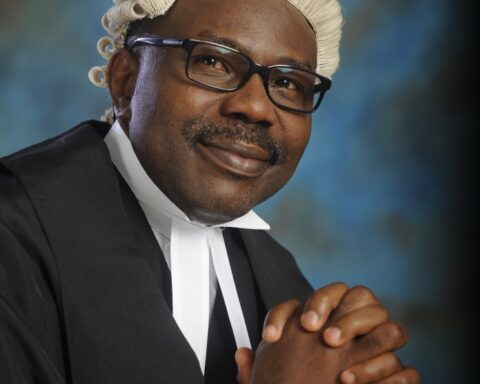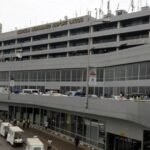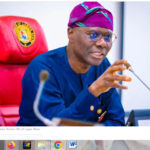There were reports that a hit list had been compiled, including the Minister of Finance Wale Edun and several powerful civilian and security personnel targeted for elimination in connection with the alleged military coup attempt. The situation therefore created an air of tension in government circles and started afresh debates on the danger of power struggles within the state.
The reasons these particular individuals became targets are related to the control of national authority. In Nigeria, power does not only lie in the presidency. It is dispersed in the Minister of Finance, who controls the economy and public funds; security chiefs, who command the use of force; and trusted presidential advisers, who shape national decisions. These figures represent the very structure that holds a democratic government together. In order to forcefully seize power, the would-be coup plotter has to weaken or remove those standing guard at the flow of resources, the security order, and political direction.
People like Edun are crucial to decisions of financial stability and revenue, affecting everything from the payment of salaries to military expenditure. If there is any military interest in taking over power, such a movement would require control of national funds for buying loyalty, managing crises, and minimizing resistance. A finance minister loyal to a sitting president thus becomes a direct obstacle to such a plan, hence a primary target.
Other names believed to be on the list come from positions that influence national security operations. Removing them would create confusion and delay any response to an attack on the government. Coups rely on speed and shock. They work only if the chain of command is broken instantly. This is why officers in command positions and strategic ministries would be targeted before any takeover attempt begins.
It also includes civilian political figures because they are the face of democracy. They articulate government resolutions and represent institutions. Their absence in a case of forced takeover gives the military all the space to plant a new narrative with no opposing voice. Removing or intimidating them helps to eliminate opposition from the public and international community as well.
The pattern is so similar to previous coups in Nigerian history: those who control money, security communication, media messaging, and diplomacy are always first in line whenever forceful power grabs are being planned. The military knows that without capturing these centers of influence, it cannot sustain power.
But what needs to be understood is that attacking civilians and public officers is not a sign of strength. It is a sign of desperation. If leadership needs to be taken through intimidation, then that leadership is not earned. Democracy may be slow, frustrating, and imperfect, but it is built on participation and accountability. Military power is built on silence and obedience.
Already, Nigeria has lived through eras when fear ruled and voices were forced quiet. Schools suffered, the media was suppressed, and corruption grew in secret. To repeat that history would be to reject lessons paid for with real human lives. They are not just names on that list: they are the representatives of a system of leadership where leaders are chosen by the people, not seized by the force. Any group believing in the elimination of them to pave their path to leadership is not saving Nigeria but controlling it.



























